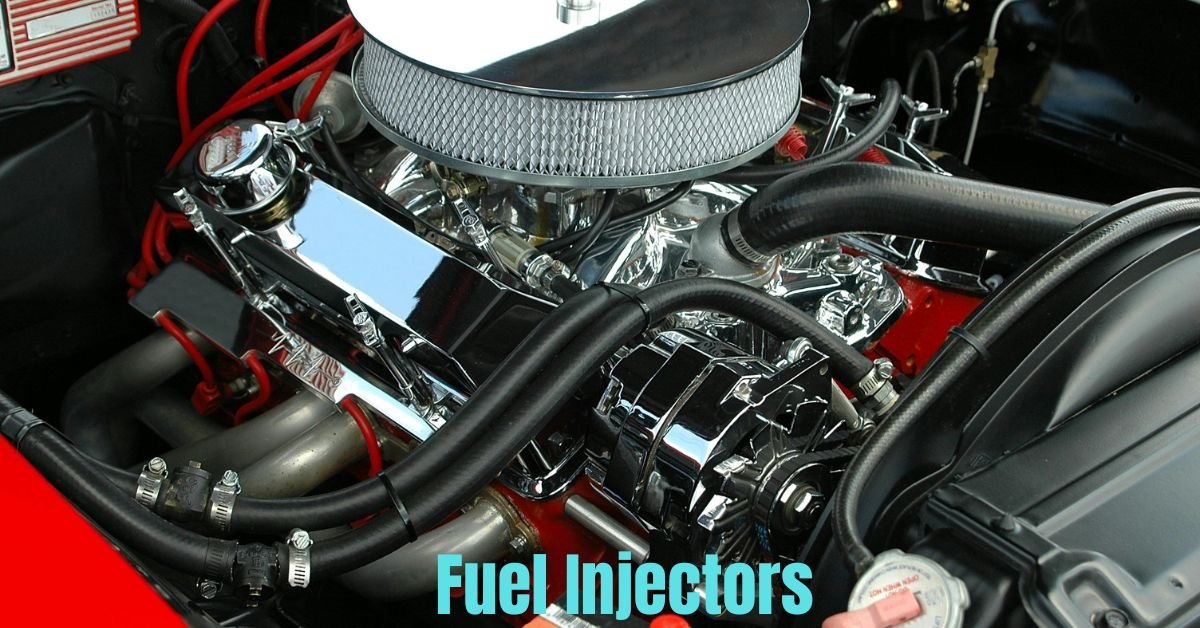When it comes to the intricate workings of an engine, one of the most critical components is the fuel injector. These small but mighty devices ensure that your vehicle’s engine gets the correct amount of fuel needed for combustion. But how many fuel injectors does a car have, and what role do they play in a car’s performance? Let’s dive into this question and explore the basics of fuel injectors and how they contribute to your vehicle’s efficiency.
How Many Fuel Injectors Does a Car Have?
1. Understanding Fuel Injectors
A fuel injector is a device responsible for spraying fuel into the engine’s combustion chamber in a precise manner. It is controlled by the car’s Engine Control Unit (ECU), which ensures the correct amount of fuel is delivered based on driving conditions. Without fuel injectors, your car’s engine would not be able to function efficiently or effectively.
Fuel injectors replaced the older carburetor system in most modern vehicles due to their precision and efficiency. The main function of a fuel injector is to provide a fine mist of fuel, which helps ensure that the air-fuel mixture in the combustion chamber burns optimally. This optimizes power, fuel economy, and emissions.
2. How Many Fuel Injectors Does a Car Have?
The number of fuel injectors in a car is generally linked to the number of cylinders in the engine. Most passenger cars on the road today have engines ranging from four to eight cylinders. Consequently, the number of fuel injectors will match the number of cylinders in the engine.
- 4-Cylinder Engines: If your car has a four-cylinder engine, it will typically have four fuel injectors—one for each cylinder.
- 6-Cylinder Engines: Cars with a six-cylinder engine usually have six injectors, one for each cylinder.
- 8-Cylinder Engines: In vehicles with eight cylinders, there will typically be eight fuel injectors, one for each cylinder.
However, in modern vehicles, especially those with multi-point fuel injection (MPI) systems, there are often multiple injectors per cylinder. This is more common in high-performance or luxury cars that require greater precision and performance from their engine. These systems might incorporate a direct injection system or dual injectors per cylinder, meaning there can be 12, 16, or more fuel injectors in total.
3. Fuel Injector Configuration and Types
While the number of injectors is usually tied to the number of cylinders, the configuration and type of fuel injection system can vary from one car model to another. Fuel injection systems come in two main varieties:
- Single-Point (Throttle Body) Fuel Injection: This system uses a single injector located at the throttle body to spray fuel into the intake air stream. It’s often found in older vehicles or lower-powered engines. Although this system is less common today, it still serves the purpose of injecting fuel into the engine in a somewhat less efficient manner than modern systems.
- Multi-Point Fuel Injection (MPI): In this system, each cylinder has its own individual fuel injector, which injects fuel directly into the intake manifold. This is the most common system in modern cars, offering superior fuel efficiency and performance.
- Direct Fuel Injection (DFI): This system sprays fuel directly into the combustion chamber, which is especially effective in achieving better fuel economy and power. High-performance cars, trucks, and more recent model vehicles may incorporate direct fuel injection.
Must Read: How Long Does It Take To Inspect A Car?

4. Why the Number of Fuel Injectors Matters
The number of fuel injectors directly impacts engine performance, fuel economy, and emissions. Here’s why:
- Performance: Each injector is responsible for delivering fuel to a single cylinder. More injectors generally lead to a more refined and efficient fuel delivery system, helping engines perform better under different driving conditions.
- Fuel Economy: Efficient fuel injection results in a better air-fuel mixture, which can help improve fuel efficiency. Too much or too little fuel can lead to wastage and poor fuel economy.
- Emissions: Proper fuel injection ensures that the engine runs smoothly, leading to lower levels of harmful emissions. An improper mixture of fuel and air can lead to incomplete combustion, which results in higher emissions.
Conclusion
The number of fuel injectors in a car typically matches the number of cylinders in the engine—one injector per cylinder. However, advancements in fuel injection technology have led to more complex systems with multiple injectors per cylinder in some high-performance or modern vehicles. Understanding how fuel injectors work and their role in your car’s engine can help you appreciate the importance of keeping them in good condition. Regular maintenance and timely replacement of fuel injectors can ensure your car continues to run smoothly and efficiently, offering the best performance and fuel economy possible.
